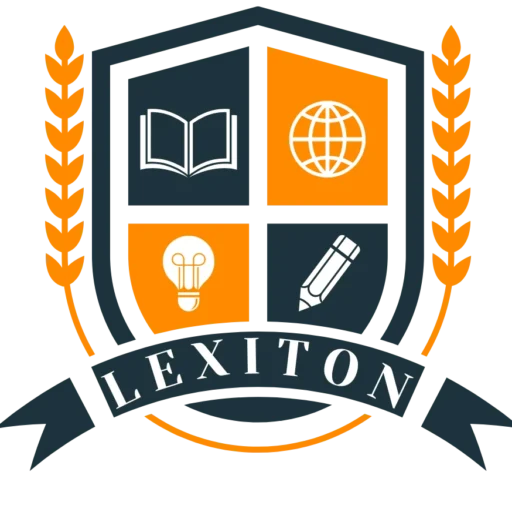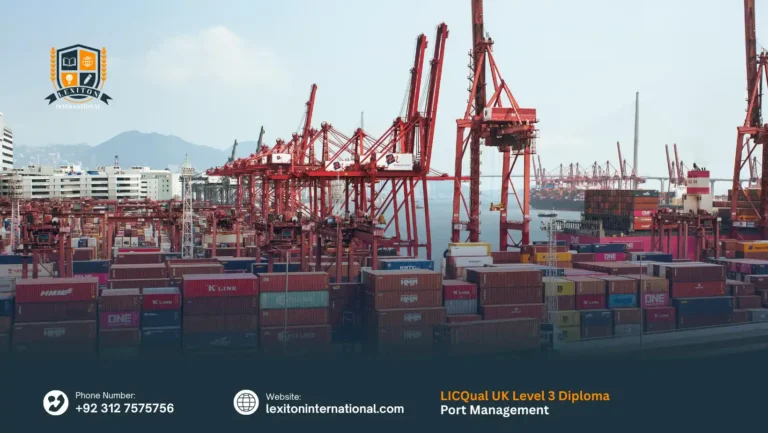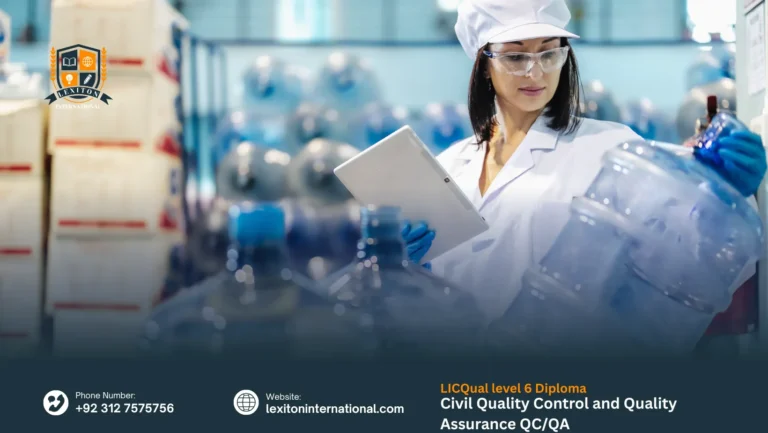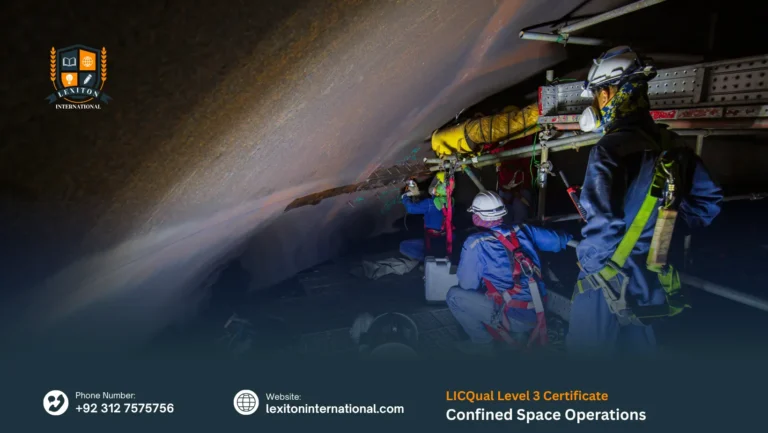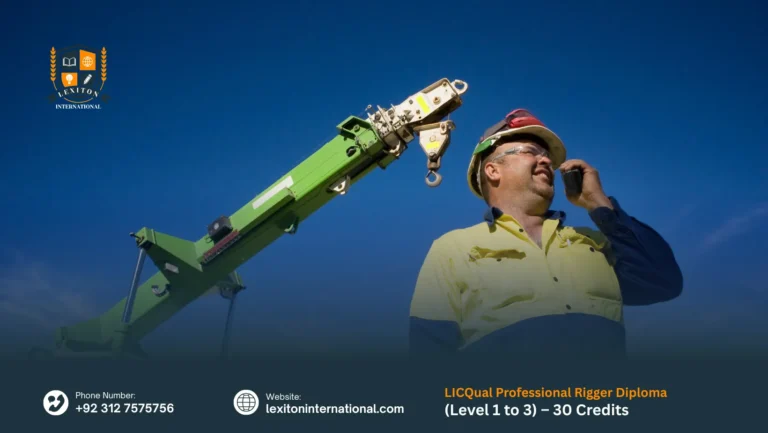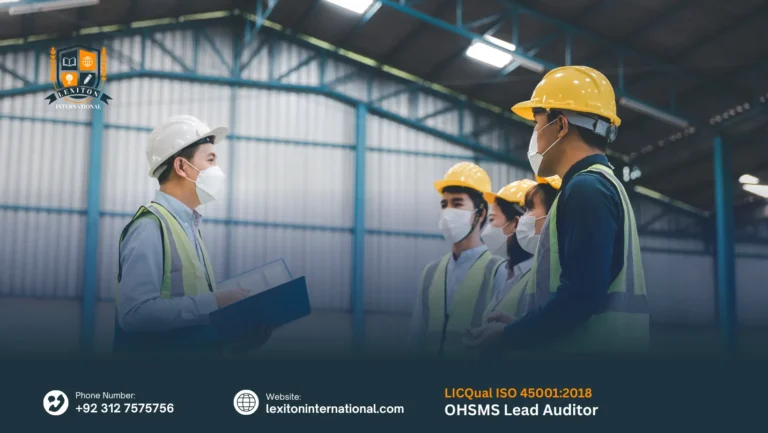The LICQual ISO 31000:2018 Risk Management Lead Auditor course is a globally respected and professionally accredited training program designed to develop the competencies required to lead, plan, and execute comprehensive risk management audits. Rooted in the internationally recognized ISO 31000:2018 standard, this course offers a systematic and practical framework for identifying, analyzing, evaluating, and treating risks across diverse organizational settings. It empowers professionals with the tools and methodologies needed to assess risk management systems effectively and ensure alignment with global best practices.
Participants will gain an in-depth understanding of the core principles of risk management, including the integration of risk into governance structures, strategic planning, and operational processes. The course delves into the lifecycle of risk management, from the establishment of context and risk identification to monitoring, review, and continual improvement. Learners will also explore the roles and responsibilities of a lead auditor, including how to manage audit teams, conduct opening and closing meetings, and communicate findings to stakeholders in a clear and actionable manner.
Throughout the program, emphasis is placed on real-world application through case studies, audit simulations, and scenario-based exercises. Learners will explore critical areas such as policy development, stakeholder engagement, and the implementation of risk-based thinking within organizational cultures. The curriculum also addresses the legal and regulatory frameworks that govern risk management practices, ensuring that auditors are equipped to evaluate compliance in both public and private sector environments. Additionally, participants will be trained in evidence collection, audit documentation, and reporting techniques that promote transparency, accountability, and continuous improvement.
To ensure that participants are well-prepared to engage with the advanced technical content of the ICTQual AB Level 4 Diploma in QC Piping Inspector, the following entry requirements must be met:
- Educational Background: Applicants should possess a recognized Level 3 qualification in a relevant field such as Quality Assurance, Piping Engineering, Welding Inspection, Mechanical Engineering, or another related technical discipline.
- Industry Experience: While not mandatory, prior hands-on experience in piping inspection, fabrication, welding, or quality control is highly recommended. Candidates with at least 1–2 years of practical exposure in industrial environments will benefit most from the course’s applied learning approach.
- Technical Proficiency: A working knowledge of inspection tools, welding symbols, piping components, and engineering drawings is expected. Familiarity with basic non-destructive testing (NDT) methods and quality control documentation will enhance the learning experience and enable participants to engage more effectively with the course content.
- Language Skills: Proficiency in English is required, as the course materials, assessments, and instruction are delivered in English. Candidates should be able to read and interpret technical documents, write inspection reports, and communicate effectively in both written and verbal formats.
- Professional Motivation: This diploma is designed for individuals who are committed to advancing their careers in quality assurance and piping inspection. Applicants should demonstrate a strong interest in developing their technical and supervisory capabilities, with a view toward taking on more complex responsibilities or leadership roles within QA/QC departments.
Mandatory Units
This qualification, the LICQual ISO 31000:2018 Risk Management Lead Auditor, consists of 6 mandatory units.
By the end of this course, learners will be able to:
Understanding ISO 31000:2018 Risk Management Framework
- Demonstrate a comprehensive understanding of the ISO 31000:2018 risk management framework, including its principles, structure, and terminology.
- Analyze how ISO 31000 can be applied to various organizational contexts to enhance risk management practices.
- Identify the key elements of an effective risk management system based on ISO 31000:2018 guidelines.
Risk Assessment Methodologies and Techniques
- Apply various risk assessment methodologies and techniques, such as risk identification, evaluation, and treatment, in alignment with ISO 31000:2018.
- Evaluate the potential risks within an organization and develop suitable strategies for risk mitigation.
- Develop proficiency in analyzing and categorizing different types of risks to support informed decision-making.
ISO 31000:2018 Risk Management Process Integration
- Integrate ISO 31000:2018 risk management processes seamlessly into existing management systems and organizational structures.
- Design risk management frameworks that align with organizational objectives and support continual improvement efforts.
- Assess the effectiveness of risk management processes within the context of an organization’s goals and operational practices.
Risk Management Leadership and Decision-Making
- Exhibit strong leadership capabilities in managing risk and fostering a risk-aware culture within an organization.
- Apply decision-making frameworks that enhance the risk management process and align with ISO 31000:2018.
- Promote proactive risk management strategies to ensure organizational resilience and sustainability.
Reporting and Corrective Actions in Risk Management Audits
- Prepare clear and actionable audit reports, documenting findings, non-conformities, and areas for improvement in risk management practices.
- Recommend appropriate corrective actions to address identified gaps in the risk management system.
- Effectively communicate audit results to stakeholders and ensure follow-up on corrective actions to enhance overall risk management processes.
Planning and Conducting Risk Management Audits
- Plan and conduct ISO 31000:2018 risk management audits, ensuring compliance with international standards.
- Apply audit techniques to evaluate the effectiveness of risk management systems, identifying strengths and areas for improvement.
- Provide objective assessments and actionable insights to support organizational risk management goals and compliance with ISO 31000:2018.
The ICTQual AB Level 4 Diploma in QC Piping Inspector is tailored for professionals who are serious about advancing their careers in industrial quality control, inspection, and piping systems. This course is not just for beginners—it is specifically designed for individuals who already possess foundational knowledge in QA/QC or engineering and are ready to take on more complex responsibilities in high-risk, compliance-driven environments.
QA/QC Inspectors
- Seeking to upgrade from Level 3 to more advanced inspection responsibilities
- Interested in mastering ISO 9001 integration and documentation control
- Involved in routine inspection of piping systems and welding joints
- Responsible for identifying non-conformities and implementing corrective actions
- Looking to lead quality audits and contribute to compliance strategies
- Preparing for roles that require deeper understanding of international codes
Piping Engineers
- Working on design, fabrication, or installation of piping systems
- Wanting to enhance inspection and surveillance capabilities
- Involved in project execution and quality verification
- Responsible for ensuring dimensional tolerances and seal integrity
- Interested in applying global piping standards like ASME and API
- Preparing for leadership roles in engineering quality assurance
Welding Inspectors and NDT Technicians
- Experienced in visual and non-destructive testing methods
- Seeking to expand into piping inspection and QA/QC documentation
- Interested in calibration procedures and advanced NDT techniques
- Responsible for evaluating welding defects and repair criteria
- Preparing for multi-disciplinary inspection roles across industrial sectors
- Looking to align their skills with international welding standards
Site Supervisors and Fabrication Coordinators
- Overseeing piping erection and fabrication activities
- Responsible for inspection controls and surveillance on-site
- Interested in improving team coordination and inspection leadership
- Managing quality documentation and reporting systems
- Ensuring compliance with safety and regulatory requirements
- Preparing for advanced roles in project quality management
Technical Staff and Career Advancers
- Diploma holders or junior inspectors aiming for senior QA/QC roles
- Interested in transitioning into specialized inspection positions
- Seeking globally recognized certification for career mobility
- Looking to build a strong foundation for future engineering studies
- Preparing for international assignments or multi-national projects
- Motivated to contribute to safer and more efficient industrial operations
This course is ideal for learners who are committed to professional growth, technical excellence, and leadership in quality assurance. If you’re ready to take on more responsibility, lead inspection teams, and contribute to high-performance industrial projects, the ICTQual AB Level 4 Diploma in QC Piping Inspector is the right step forward in your career journey.
Completing the ICTQual AB Level 4 Diploma in QC Piping Inspector sets the stage for a wide range of professional and academic advancements. This qualification not only enhances your technical capabilities but also opens doors to leadership roles, specialized certifications, and global career opportunities in quality assurance and industrial inspection.
Advanced Diplomas and Certifications
Learners can pursue higher-level qualifications to deepen their expertise:
- Level 5 and Level 6 Diplomas in Lead Auditor or QA/QC
- Advanced Welding Inspector certifications (e.g., CSWIP, AWS-CWI)
- ISO 9001 Lead Auditor certification for quality system auditing
- Specialized NDT certifications in UT, RT, MT, PT, and VT
- Risk-based inspection (RBI) and API 570/653 certifications
Career Advancement Opportunities
This diploma prepares learners for senior roles in QA/QC and inspection:
- Lead QC Inspector or Senior Piping Inspector
- Quality Assurance Manager or Compliance Supervisor
- Project Quality Engineer in multinational firms
- Inspection Coordinator for EPC (Engineering, Procurement, Construction) projects
- Technical Consultant for fabrication and welding operations
International Employment and Mobility
The globally recognized certification enhances eligibility for overseas roles:
- QA/QC positions in Gulf countries, Southeast Asia, and Europe
- Inspection roles in oil & gas, petrochemical, and offshore projects
- Opportunities with multinational engineering and construction firms
- Qualification for visa sponsorship and job approvals abroad
- Enhanced credibility for international audits and compliance checks
Professional Memberships and Industry Recognition
Graduates can join prestigious organizations to boost their professional profile:
- American Society for Quality (ASQ)
- American Welding Society (AWS)
- The British Institute of Non-Destructive Testing (BINDT)
- International Register of Certificated Auditors (IRCA)
- Society for Maintenance & Reliability Professionals (SMRP)
Whether you’re aiming to specialize further, pursue academic qualifications, or step into leadership roles, the ICTQual AB Level 4 Diploma in QC Piping Inspector serves as a powerful platform for long-term career growth. It empowers professionals to evolve with industry demands and contribute meaningfully to the quality, safety, and efficiency of complex engineering projects.
Curious About This Course?
